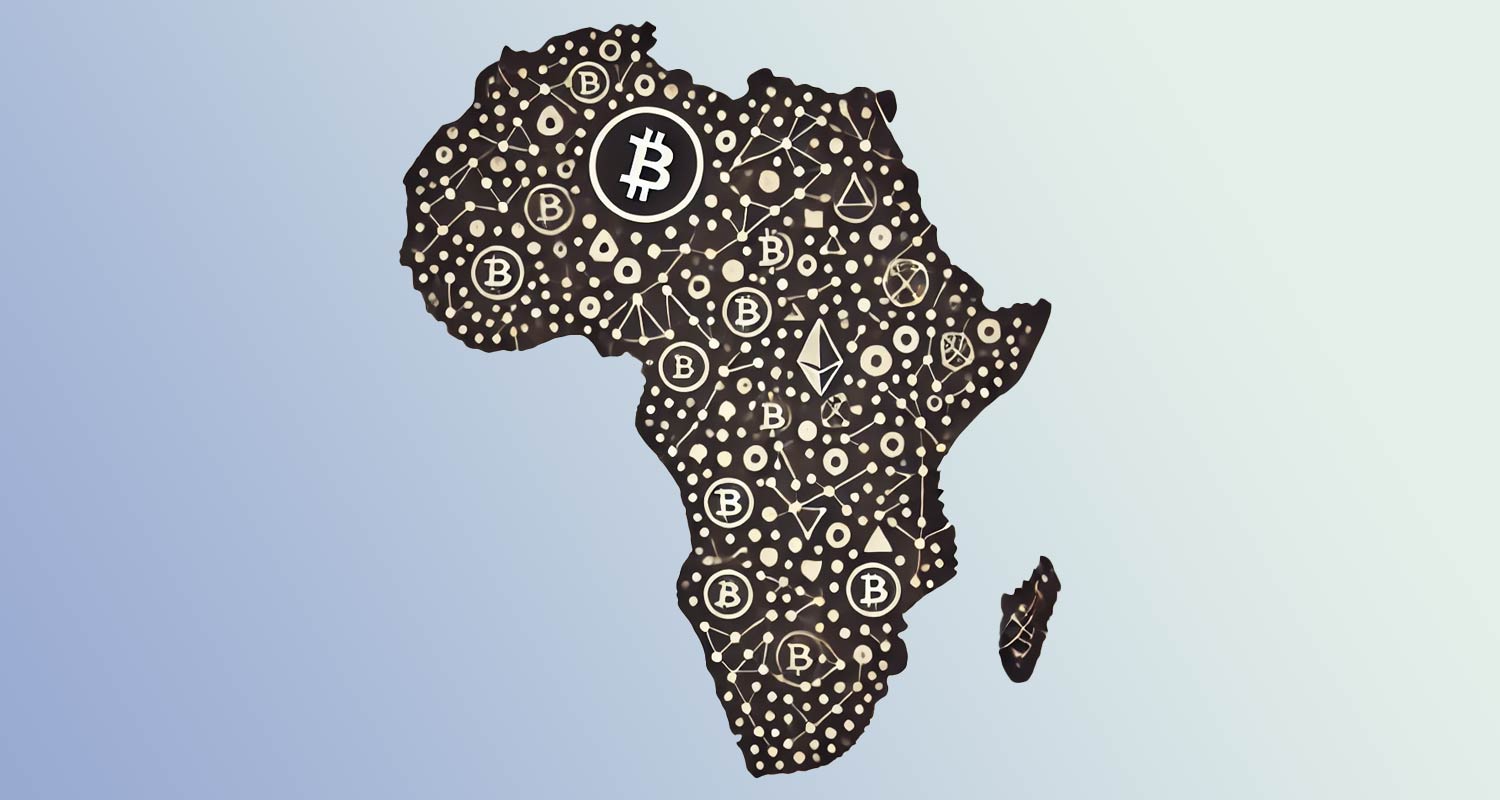 The CEO of Yellow Card Financial, a pan-African focused digital assets exchange, says he has received increased interest from traditional banks and expects regulators to act quicker on establishing rules for the sector following the inauguration of crypto-friendly US President Donald Trump.
The CEO of Yellow Card Financial, a pan-African focused digital assets exchange, says he has received increased interest from traditional banks and expects regulators to act quicker on establishing rules for the sector following the inauguration of crypto-friendly US President Donald Trump.
“With the US moving this way, I think that you’ll see a lot more speed from various governments around Africa in terms of getting to a point regulatory clarity,” CEO Chris Maurice said in an interview on Wednesday. “This gives us more confidence that over the next year or so, you’re gonna see sweeping regulatory change across the African continent.”
His remarks came hours after the US Securities and Exchange Commission said it will launch a cryptocurrency-focused task force to come up with ways to regulate the market, part of Trump’s plan for the sector. Despite widespread adoption of crypto assets by young Africans and businesses hedging against unstable currencies, many nations on the continent still lack the required legislation for use of digital assets in the financial markets.
Crypto trading is still illegal in most African nations and trading activities are closely monitored by central banks concerned that investors will use stablecoins to transfer their assets abroad, causing capital flight. The arrest and trial of an executive of the Binance exchange in Nigeria last year, accused by authorities of currency manipulation — which he denied — is a pointer to how far governments can go.
Maurice though, said he has witnessed a change in sentiment since Trump’s victory in November, with the industry taking off in ways that he didn’t think was possible even just a couple of months before. The company which has several backers, including from Jack Dorsey’s Block, Valar Ventures, which was co-founded by Peter Thiel, and Coinbase Ventures, has received several offers of acquisition, Maurice said.
Sign up for the twice-weekly Next Africa newsletter for the latest business and economic news from the continent.
Trump effect
“We’re having conversations with banks and other major financial institutions that a couple of months ago, they didn’t want to hear about crypto, they didn’t want to talk about it,” Maurice said. “Now these guys are calling us, they’re interested. They want to understand how do they get into the space. I think obviously part of it is the Trump effect.”
Yellow Card, which has expanded to 20 African countries, traded more than US$3-billion worth of crypto last year and is encouraged by ongoing conversions in places like Kenya, Rwanda and Ghana to regulate the crypto market, which will give companies in the industry the “confidence to invest, hire more and to grow the team”, he said.
Read: Lesetja Kganyago scoffs at bitcoin as strategic reserve
“Nigeria’s number one on Earth for stablecoin adoption, it’s number two on all crypto adoption,” Maurice said. “You have South Africa, Kenya, Ghana, that are all in the top 20 on Earth for adoption of this technology.”
Yellow Card missed out on the so-called accelerated regulatory incubation programme rolled out by the Nigerian Securities and Exchange Commission to two crypto exchanges last year, but Maurice is hopeful that his firm will receive a permanent operational licence this year.
 International remittances using cryptocurrencies are popular among Africans in the diaspora and relatives on the continent, and its adoption is also growing among small and medium-sized companies that are turning to stablecoins for transactions. Maurice said the question now is if the continent can maintain the momentum and keep its lead in the crypto market.
International remittances using cryptocurrencies are popular among Africans in the diaspora and relatives on the continent, and its adoption is also growing among small and medium-sized companies that are turning to stablecoins for transactions. Maurice said the question now is if the continent can maintain the momentum and keep its lead in the crypto market.
“Over the last two years, the regulatory landscape has gotten so much better on the continent. Now this added pressure from Trump, I think, it will just continue to grow,” he said. — Nduka Orjinmo, Anthony Osae-Brown and Emele Onu, (c) 2025 Bloomberg LP
Get breaking news from TechCentral on WhatsApp. Sign up here.




